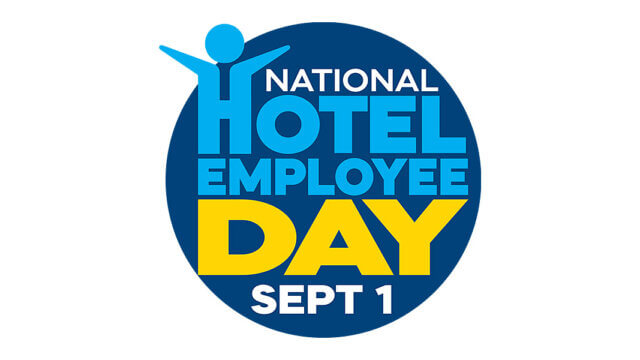ATLANTA—During a recent AAHOA webinar, “The Impact of COVID-19 on America’s Hotel Owners: Holding the Line & Protecting your Revenue,” Tammy Gillis, CEO/founder, Gillis Sales, detailed sales strategies for hotel owners affected by the coronavirus pandemic.
Owners have been dealing with a dip in travel and revenue loss, but Gillis presented some ways to combat these during uncertain times. Despite the slowdown, there are sectors still traveling and in need of lodging. The CEO outlined steps owners can take to mitigate their losses and come out of the crisis prepared:
Protect Your Base Business
“You may not have a lot of it [business],” Gillis said. “We’ve been reaching out to our clients every day, multiple conversations with owners, and some of them are selling 10 or 15 rooms a night—it’s been devastating. We want to make sure that the clients that you are getting and keeping, that you’re understanding why they’re coming to your market, why they’re traveling. That’s going to help you identify other companies like theirs that are still traveling.”
Gillis recommends that when a hotel stabilizes, employees should reach out to existing clients with care and ask about the impact that this has had on their travel and see if there’s anything you can be doing as their hotel partner to help them. “We definitely don’t want to come across as opportunists. Be mindful of the companies you’re reaching out to. It needs to have relevance and reach out with care,” she said.
“If you reach out to your existing clients and say, ‘Let’s go through this together; how are you being impacted, and is there anything we can do?’ that’s going to help you protect your base business so that when travel does bounce back, they’re less inclined to go to your competition,” she said.
Target Competitor Parking Lots
Gillis suggested that if owners are in a market that targets construction crew business, to drive around the parking lot and get an idea of the companies still traveling.
“We’re dealing with an unprecedented situation and we’re trying to put pieces of this puzzle together to figure out who still has a need to travel and why,” she said.
Incoming Inquiries
Although the majority of calls coming in are regarding cancellations and flexibility around cancellation fees, Gillis said that hotel staff still need to be prepared for those outlier calls.
“Ensure your front desk is properly responding to and capturing any incoming leads,” Gillis said. “If you have somebody that’s in charge of that, make sure they have the right sound bites, are asking the right questions and moving them through the sales process.”
Fluid Communication
“This is a very fluid situation that’s changing by the hour. It’s important to have ongoing communication with your team and also with your revenue manager,” she said.
If a hotel has an on-site revenue manager or if its part of a brand revenue management program, Gillis suggests that owners make sure their rate strategies and sales opportunities are aligned with what’s going on in the market.
Be Ready to Rebook
Although the timeline for the coronavirus crisis remains unclear, Gillis recommends being proactive and ready to rebook when travel resumes.
“I would make sure you have a system internally for all those groups that have canceled, all those blocks that canceled, all those companies that have suspended travel,” she said. “If you’re a small, select-service property, you may not have a CRM system in place to trace that; go old school and use a calendar, go into Outlook, just make sure you have a process in place. I can tell you, your competitors are going to be just as aggressive and anxious to rebook groups.”
Gillis said to focus on the channels that may have groups coming in like HotelPlanner, Travelliance and other third-party lodging partners. “You need to make sure you’re building a medium- to long-term growth map and 2021 is set up for success,” she said.
Target Companies Still Traveling
Despite stagnant travel, the workforce segment, construction, oil and gas, trucking, railroads and water treatment companies are still coming into markets because of the crisis.
Additionally, healthcare providers are working around the clock and not going home, which may mean they need to stay in hotels. For government workers, Gillis explained that there’s military and national guard that have been or will be possibly deployed, and suggested that hotels ask themselves these questions: Are you seeing that approved? Do you have contacts within those various departments and lines of government? And, if they do need to come in because of this crisis, make sure you’re in a good position.
“So, depending on the market that you’re in, and the demand generators that you have in your backyard, start thinking about are any of these segments worth targeting,” she said. “That’s why it’s critical when you have people who are still checking in and you’re selling a handful of rooms a night, if they booked a corporate discount or OTA, make sure your front desk is saying, ‘What brings you to town?'”
Gillis continued, “A lot of these folks aren’t being managed by travel managers; they are flying by the seat of their pants just like the rest of us. They’re getting told to go into a market for an unlimited amount of time and they’re just booking a hotel. The more information you qualify at the time of booking or at check-in will really help you target more of those companies.”




